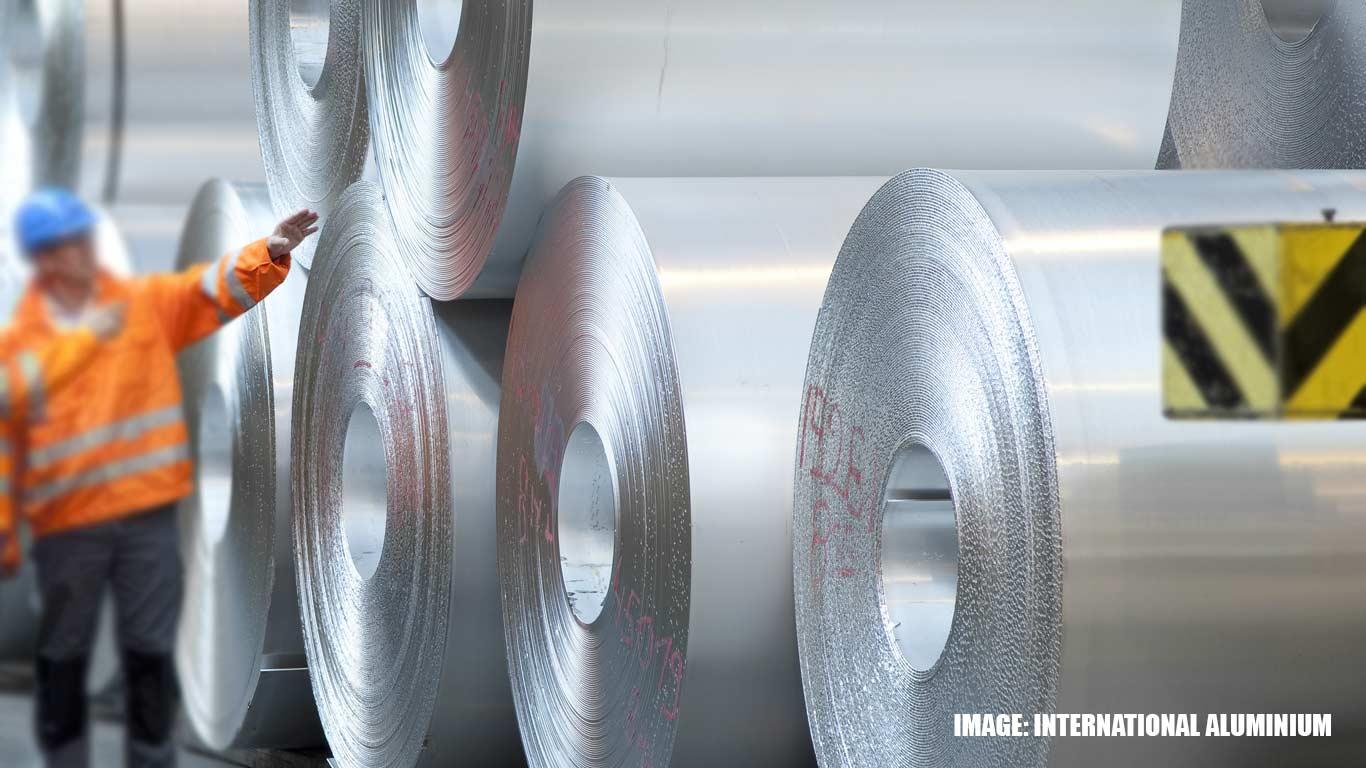
India's Aluminium Industry Seeks Higher Protection Against Imports Duties
The proposal, submitted to the Department for Promotion of Industry and Internal Trade (DPIIT), calls for raising import duties on primary and downstream aluminium products from 7.5 per cent to 10 per cent, marking a pivotal shift in the country's industrial policy approach.
"The timing of this proposal is crucial," says Dr. Rajesh Kumar, Senior Economics Analyst at the Delhi School of Economics. "With India's per capita aluminium consumption at merely 3 kg annually-compared to the global average of 12 kg-there's significant room for growth in domestic demand."
The domestic industry has already demonstrated its commitment to growth, investing over Rs 1.5 lakh crore to achieve a production capacity of 4.2 million tonnes per annum (MTPA). However, to meet the projected domestic demand of 10 MTPA by 2030, an additional investment of Rs 3 lakh crore will be necessary over the next six years.
Industry leaders point to a concerning trend: the doubling of primary aluminium imports in recent years, accompanied by a surge in low-quality scrap imports, particularly from China. This influx has created headwinds for new investments in domestic production capacity.
The proposal also addresses environmental concerns, advocating for policies that would promote domestic scrap recycling while limiting lower-quality foreign scrap imports. This approach aligns with global sustainability trends and India's commitment to developing a circular economy.
The stakes are particularly high given aluminium's strategic importance across various sectors, including defense, aerospace, renewable energy, and electric vehicles. "Aluminium isn't just another metal-it's a strategic material that will play a crucial role in India's vision of becoming a developed nation by 2047," notes the AAI's executive director.
Currently, the domestic industry faces significant operational challenges, with approximately 17 per cent of costs attributed to taxes, levies, and regulatory compliance charges. The sector has already generated over 800,000 jobs and supports more than 4,000 SMEs across India.
If approved, the proposed measures could create up to 2 million new employment opportunities, aligning with Prime Minister Modi's "Atmanirbhar Bharat" (Self-reliant India) initiative. However, the proposal faces scrutiny from downstream industries concerned about potential cost increases.
As global supply chains continue to evolve and geopolitical tensions impact international trade, India's push for self-sufficiency in aluminium production could mark a significant shift in its industrial policy landscape. The government's response to this proposal will likely set the tone for similar initiatives across other strategic sectors.
(KNN Bureau)
Legal Disclaimer:
MENAFN provides the
information “as is” without warranty of any kind. We do not accept
any responsibility or liability for the accuracy, content, images,
videos, licenses, completeness, legality, or reliability of the information
contained in this article. If you have any complaints or copyright
issues related to this article, kindly contact the provider above.















Comments
No comment